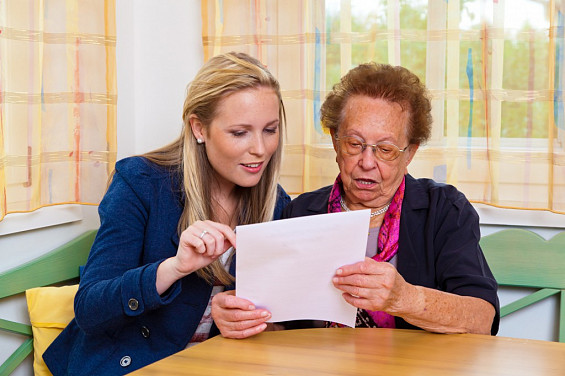Gallstones are a common medical condition that affects millions of people worldwide. They can cause significant discomfort, disrupt daily life, and, in severe cases, lead to serious health complications. While gallstones can develop in individuals of all ages, older adults are at a higher risk of experiencing this condition. In this article, we will explore the reasons why older adults are more susceptible to gallstones and the symptoms, diagnosis, and treatment options for this condition.
 Understanding gallstones
Understanding gallstonesGallstones are hardened deposits that form in the gallbladder, a small organ located just beneath the liver. The gallbladder plays a crucial role in the digestive process by storing bile, a fluid produced by the liver that helps break down fats in the small intestine. When the balance of substances in bile is disrupted, such as an excess of cholesterol or bilirubin, gallstones can develop. These stones vary in size and can cause a range of symptoms, from mild discomfort to severe complications.
Ask questions regarding retirement homes to our experts
The risk of developing gallstones increases with age, with older adults being more prone to this condition. Several factors contribute to this heightened risk:
Reduced gallbladder function: As people age, the gallbladder tends to become less efficient at emptying bile. This can result in bile remaining in the gallbladder for extended periods, increasing the likelihood of gallstone formation.
Hormonal changes: Hormonal changes that occur with age, particularly in postmenopausal women, can lead to an increased concentration of cholesterol in the bile. This can promote the development of cholesterol gallstones.
Lifestyle factors: Older adults may be more sedentary and have less healthy dietary habits, which can contribute to obesity and a higher likelihood of gallstone formation.
Gallstones can cause various symptoms, but not everyone with gallstones experiences them. The most common signs and symptoms of gallstones include:
Abdominal pain: This is often the most prominent symptom of gallstones. The pain typically occurs in the upper right or center of the abdomen and can be severe and persistent, often after eating fatty or greasy foods.
Nausea and vomiting: Gallstone-related pain can lead to feelings of nausea and, in some cases, vomiting.
Jaundice: If a gallstone blocks the common bile duct, it can cause yellowing of the skin and eyes, a condition known as jaundice.
Bloating and indigestion: Some individuals may experience bloating, gas, and indigestion as a result of gallstones.
If someone experiences symptoms that could be indicative of gallstones, they should seek medical attention. A healthcare provider will typically conduct a physical examination and order diagnostic tests, such as ultrasound, to confirm the presence of gallstones.
Treatment options for gallstones depend on the severity of symptoms and the individual's overall health. Common approaches include:
Watchful waiting: If gallstones are small and not causing symptoms, a healthcare provider may recommend a "wait and see" approach without immediate treatment.
Medications: Medications can be used to dissolve certain types of gallstones, but they are not effective for all patients.
Surgery: In cases of severe or recurrent symptoms, surgical removal of the gallbladder, known as cholecystectomy, is often recommended. This procedure is minimally invasive and generally well-tolerated.
Gallstones are a common medical condition that becomes more prevalent with age, particularly among older adults. The risk factors associated with aging, such as reduced gallbladder function and hormonal changes, contribute to this increased susceptibility. Recognizing the symptoms and seeking timely medical attention is crucial for managing gallstones effectively. Treatment options are available to alleviate symptoms and improve the quality of life for those affected by this condition. If you suspect you may have gallstones or are at risk, it is essential to consult with a healthcare professional for proper evaluation and guidance.
Don't hesitate to contact us at 343 309 5289. We can help you choose the right establishment for you and assist you in your search.

Find a suitable senior residence